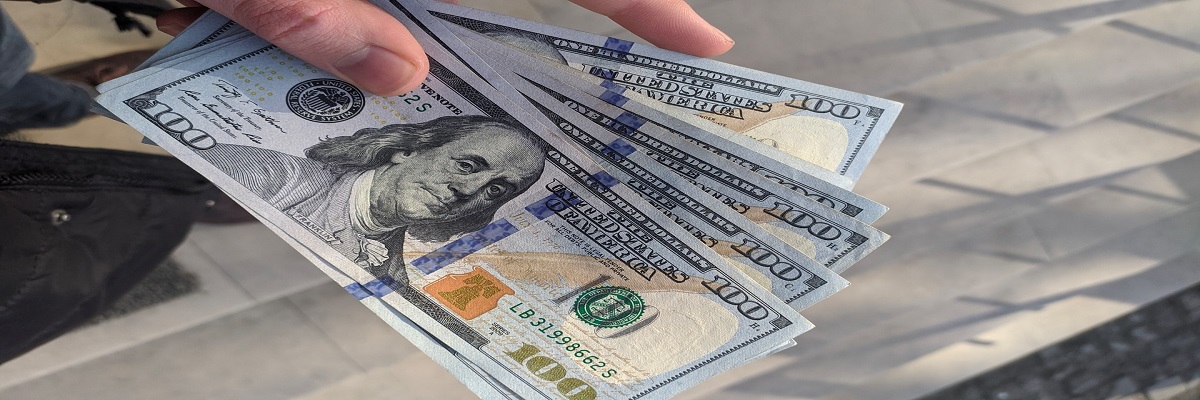Call: 888-297-6203
Discharge of debts often seems a lucrative consideration for people considering bankruptcy. A bankruptcy discharge is a phenomenon that is a side effect of declaring bankruptcy. Discharge can occur in all bankruptcy filings whether via Chapter 7, 13, or even 11 (for businesses). However, the amount of discharge remains variable that depends on different circumstances and situations of the applier. It is also important to note, that the repeat bankruptcy filers may end up with no or zero discharge if they have not completed the seasoning or the cool-off period. To know more about the cool-off period and workarounds, log on to https://recoverylawgroup.com/bankruptcy/ right now.
What is the possibility of complete discharge?
Complete discharge of debt is not a myth but a genuine possibility, especially if the bankruptcy is pursued via Chapter 7. However, the discharge would require a collateral expense, which would mean the applier has to pacify himself with no or fewer assets only. This is the only scenario with the help of Chapter 7, the applier can avail almost complete discharge of his/her debts. Every bankruptcy under normal circumstances would leverage some discharge or it does not mean anything to file for bankruptcy. If you are in Los Angeles and Dallas, TX, make sure to dial 888-297-6203 right now to access experts for your bankruptcy troubles.
Is discharge possible through Chapter 13?
There is a grave misconception that Chapter 13 for individuals and Chapter 11 for businesses do not contribute to bankruptcy discharges. However, it is not completely true. It is a fact that at the end of the day, Chapter 7 will hand over more or even complete discharge compared to Chapter 13 or 11. But, under Chapter 13 or 11, businesses and individuals can avail of reasonable discharge of unsecured loans, depending on circumstances. Depending on the future income projections and feasibility of the future payment plan, some unsecured debt can be discharged under Chapter 13 or 11.
How does income impact the discharge?
Household income is a crucial factor that determines the discharge and also impacts the filing preposition. If the net household income is on the higher side, the applier might not be eligible for Chapter 7 bankruptcy as it requires a means test, which is completely reliant on the net household income to qualify. Chapter 7 enabling almost full discharge is designed for the poor and hence, people or businesses who have the earning capacity might well be left with Chapter 13 or Chapter 11 as their choices. If you are not eligible for Chapter 7, you might consider the full discharge concept a myth.
Overall, a bankruptcy discharge is a certain possibility in most cases, and it more or less eases quite some pressure on the filer under difficult circumstances. It is relieving for sure but expecting a 100% discharge is surely a myth regarding bankruptcy and it is possible in very rare scenarios.

